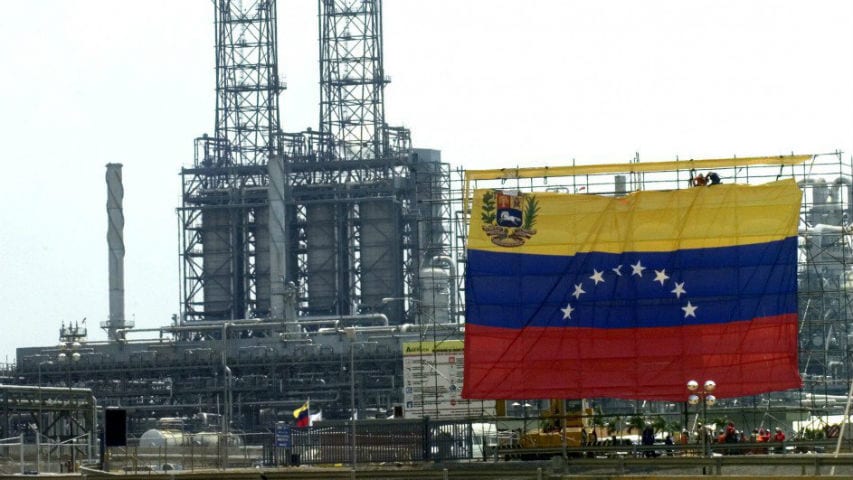A rush of creditors trying to seize assets has disrupted Venezuela’s oil exports at a time when they already are plunging
Death spiral is an overused term, but it is justified when describing Venezuela’s oil industry right now. Energy consumers and investors should pay attention, reports the Wall Street Journal.
Several elements are also outlined in the second draft Local Content Policy Framework that speaks to capacity building for Guyanese businesses. This includes identifying advisory services in areas such as joint venture formations, risk management and other technical and business support requirements.
The second draft document outlining the local content policy framework was developed following consultations with stakeholders inclusive of government agencies, private sector groups, education institutions, civil society organizations and oil and services companies.
Though production at national oil company Petróleos de Venezuela SA has been falling fast, investors have assumed the company could keep global markets supplied and keep hard currency flowing to the country. Those assumptions are starting to unravel.
ConocoPhillips has moved to take control of PdVSA facilities in the Caribbean after winning a $2 billion legal judgment tied to Venezuela’s seizure of its assets in 2007. That move alone hurts Venezuela because that storage and refining infrastructure is needed to blend the country’s heavy crude with lighter varieties and make it suitable for sale abroad. Energy economist Philip Verleger estimates the issue could cut off exports of as much as 500,000 barrels a day out of the 1.4 million Venezuela produces. Coupled with renewed sanctions on Iran, the cutback could push oil prices above the current multiyear highs.
Now Conoco’s gambit has set off a rush by others to seize the assets that PdVSA holds outside of Venezuela, including tankers and oil cargoes. Canadian gold miner Rusoro, for example, is going after Citgo Holding, the Venezuelan-owned U.S. refiner. Citgo is a vital link to the U.S. market for Venezuela and one of its only assets not shielded by being physically within its borders.
While the legality of seizing these assets is questionable, the uncertainty is already affecting operations. PdVSA representatives couldn’t be reached for comment, but a Reuters report cites nine vessels that appeared to be headed to the PdVSA facilities in the Caribbean but were diverted to Venezuelan or Cuban waters in the past week, probably to avoid having their cargoes seized.
PdVSA has a much bigger creditor than ConocoPhillips. China has lent the company roughly $50 billion and a grace period on repayment of some loans was agreed to in 2016 when oil prices were around half of today’s level. Should China demand that payments resume, the company would have to send it nearly a quarter of the oil it produces, cutting the amount of revenue it gets from exporting oil.



